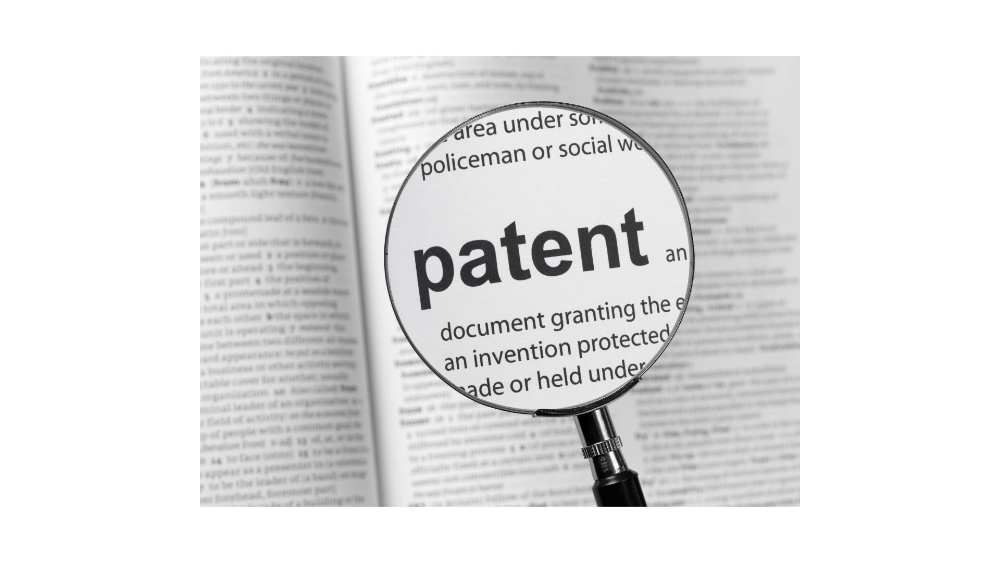The answer to this question depends on what you do with your device. While free VPN services have little to no security measures, you should be aware of the risks associated with them.
Free VPN services have many disadvantages, including being more likely to overload servers, slowing down your Internet speed, and no incentive to invest in security upgrades and improvements. A paid VPN service will offer you the peace of mind that you need. There is also the possibility of VPN services making your data more vulnerable to hackers and malware.
Even though most vpn cosa è services claim to be secure, data traces are still tracked. In addition, some applications keep location data on your device. Even the best VPN services are vulnerable to hackers and other bad actors. In fact, several security services have been targeted in 2021. In the Pulse Secure VPN case, cybercriminals exploited a vulnerability in its entry point. Although the company has since fixed the vulnerability, the risk remains.
While there are several disadvantages to using a VPN, the benefits are well worth it. The VPN bypasses geographical blocks, which are restrictions imposed by websites based on location. By using a VPN, you fool the website into believing you are located in the US and thus, gain access to content that you wouldn’t be able to access otherwise. And it’s also free! The best part about VPNs is that they’re cheap and easy to install. A VPN will protect your network from hackers and other intrusions.
Benefits of Using a VPN
Whether you use your PC or a mobile device, using a VPN can help you protect your privacy while browsing the web. Almost everything you post on the web can be traced back to you, including your social media and financial transactions. Using a VPN reduces the chances of online privacy breaches and gives you peace of mind. However, if you’re still unsure about whether you need a VPN, check out our VPN buying guide and get the best VPN for your needs.
Public Wi-Fi networks are notorious for being vulnerable to hackers and cybercriminals. These unsecured networks can allow anyone to see your browsing and downloading activities, and spy on you without your knowledge. A VPN solution can help you protect your privacy, since it acts as an invisible cloak that hides your IP address, location, and endpoint devices. This helps you avoid price discrimination and censorship, which are two major risks when using public Wi-Fi. Additionally, you can access websites and media that have been geo-blocked by governments.
Another benefit of using a VPN is the ability to browse the internet anonymously. Because your IP address is public, anyone who captures it can easily access your search history. While a VPN will shield your search history, it is not enough to protect your privacy. Even if you use a public computer, such as one provided by your school or employer, your information can still be tracked and accessed by others. The key is to choose a service with many locations.




